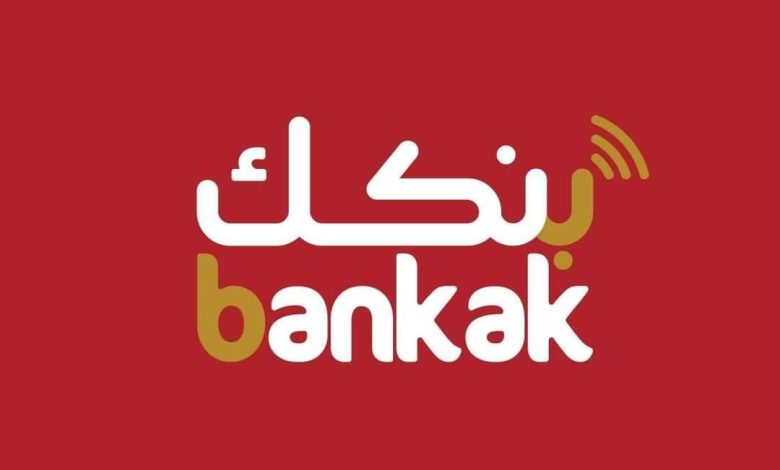Critique on Increasing “Bankak” Transfer Fees

Sudan Events – Rehab Abdullah
The Bank of Khartoum’s move to increase transfer fees through the (Bankak) application to 100 pounds and add a stamp duty (10) pounds was met with rejection and protest by customers as well as critique by banking experts.
The Bank of Khartoum (Sunday) raised the fees for transfers between internal accounts, in the (Bankak) application, to 100 pounds instead of 20 pounds, in addition to adding a stamp duty of 10 pounds, bringing the transfer fees to about 110 pounds instead of 20 pounds previously.
Customers who spoke to Sudan Events saw that the Bank of Khartoum is trying to take advantage of the fact that it is the only bank that citizens are flocking to in the current war conditions, noting that not a short time ago it raised the transfer commission to 20 pounds per transaction, and they described the step as (greed and covetousness).
They asked, “Does any bank have the right to increase transaction fees without consulting the Bank of Sudan and obtaining its approval?”
An unfair decision
Banking expert Walid Dalil called for the urgent intervention of the Bank of Sudan regarding the increase in transfer fees. He attributed the Bank of Khartoum’s increase in fees to its monopoly during the war on the issue of transfers, indicating that monopoly leads to scarcity and price control.
Dalil told (Sudan Events) “Unfortunately, Bankak application is the only application that works during the current war period,” and he attributed this to the neglect of other banks to the Basel requirements for disaster recovery and business continuity. He considered this a small part of the Bank of Sudan’s inability to implement many measures. It can limit this crisis.
It is clear evidence that the Bank of Sudan can still intervene and protect customers by reviewing the increase in remittance fees, taking into account the country’s circumstances and ensuring the flow of expatriates’ remittances to their families in Sudan.
Customers said that the Bank of Khartoum is a private and commercial bank, and customers are forced to deal with the (Bankak) application, and they noted that if circumstances were different, customers would have tools for pressure and rejection, but now they are powerless.



